Music Festival goes virtual
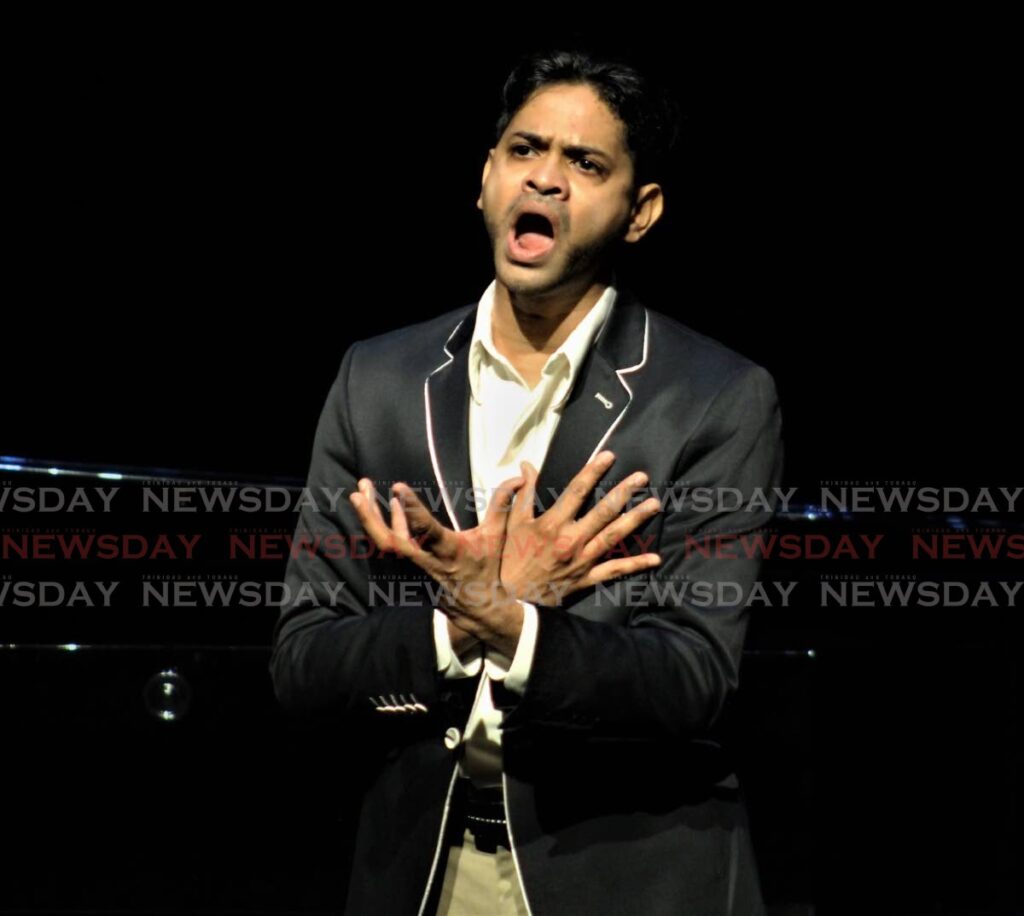
The Trinidad and Tobago Music Festival Association is moving into unfamiliar territory by hosting its biennial festival virtually, for the first time in its 70-year-plus existence.
Although this shift was necessitated by the covid19 pandemic, the festival’s executive sees positivity in it and future festivals will be a hybrid experience, blending the virtual and physical.
Its chairman Jessel Murray and business officer Maureen Clement spoke to Newsday about the upcoming 34th virtual festival, whose preliminary round starts in February. Registration is ongoing and will end on January 31.
This year’s festival will run from February 1 and will end on April 29 with the championships, which start on April 25.
Clement said on February 1 entrants can begin submitting videos until March 15. The preliminary adjudication starts early in March.
She added that most of the pieces people are performing are their own choice and not test pieces. In the junior categories only certain classes will have test pieces. Clement said people will have to upload their own choice music before and a panel will vet them.
The 33rd edition of the festival was closed off prematurely because of the pandemic, Murray said.
The festival’s board then decided to observe what was happening in the local and global entertainment sectors and to be guided by government policy on how it should host its 34th edition.
Murray said it then held two stakeholder sessions with its members. He said this had never been done, but the pandemic provided the opportunity to do so – and the board presented to its members what it felt would happen.
“At that time we were hoping for a hybrid festival, which would have ended with our vaunted championships…where the best of the best get to compete. It would have then been face-to-face, but, of course, one of the things of dealing with covid19 is that you have to make decisions well into the future.”
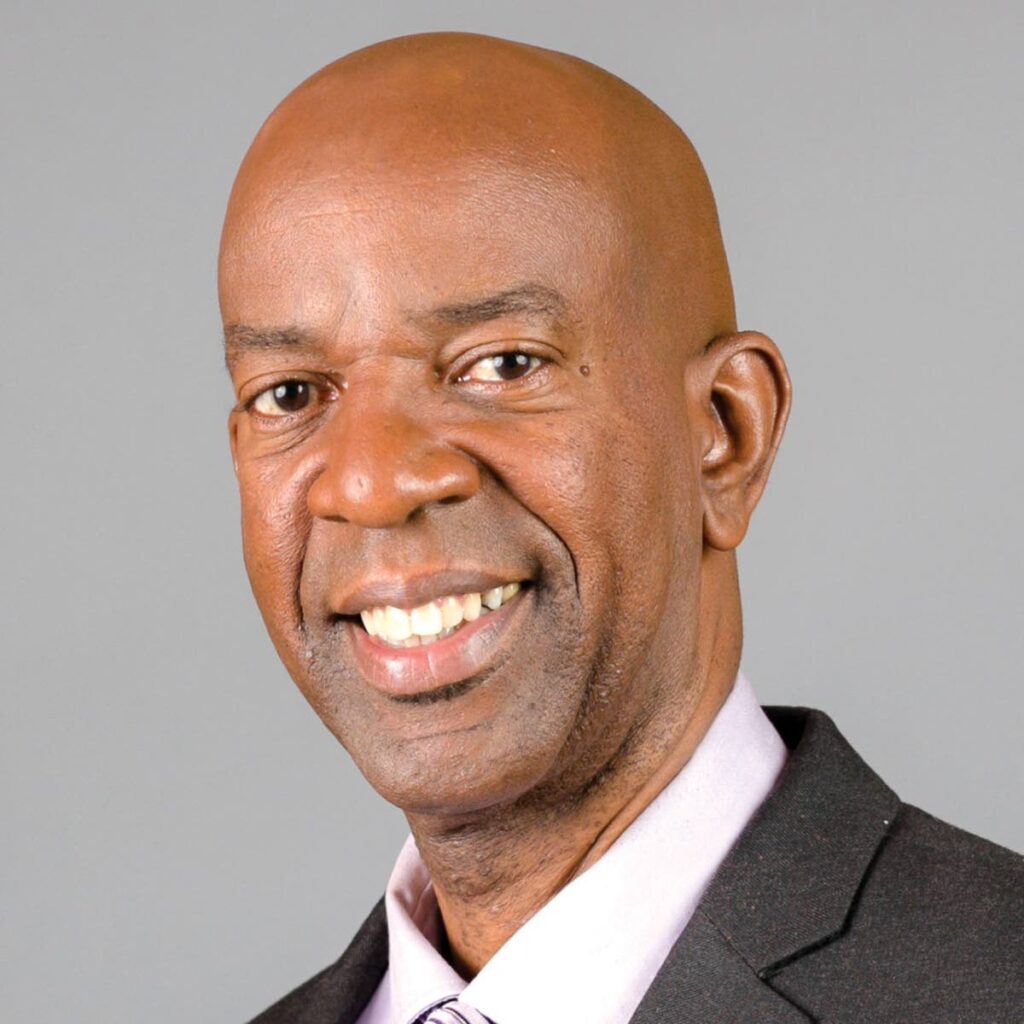
Murray said when the board saw the trends – even before the arrival of the omicron variant – the 2022 festival had to be virtual.
“Out of that we had to make the decisions that come out of it. Like: what sort of classes would we offer? How would we do our types of competitions? So we took the decision, we had to encourage no (in-person) participation.
"At first we started off with, we were going to have solos, duets, trios and quartets. Then we said, ‘No. All of the classes are going to be solo classes.’”
Its usual choral and instrumental competitions were removed from this year’s festival. So in both its junior and open categories, events will only be for soloists.
There are going to be preliminaries and finals with all-local adjudicators, who will judge videos sent to them.
For the championships, there will be “a sort of live experience” of the best of the best, and these would be adjudicated by one locally-based professional and one internationally-based local, Murray said.
He said that would be only "sort of" public, as those performances would be captured and packaged for viewing online.
While the virtual element will play a part in future festivals, Murray does not see it being a prominent part.
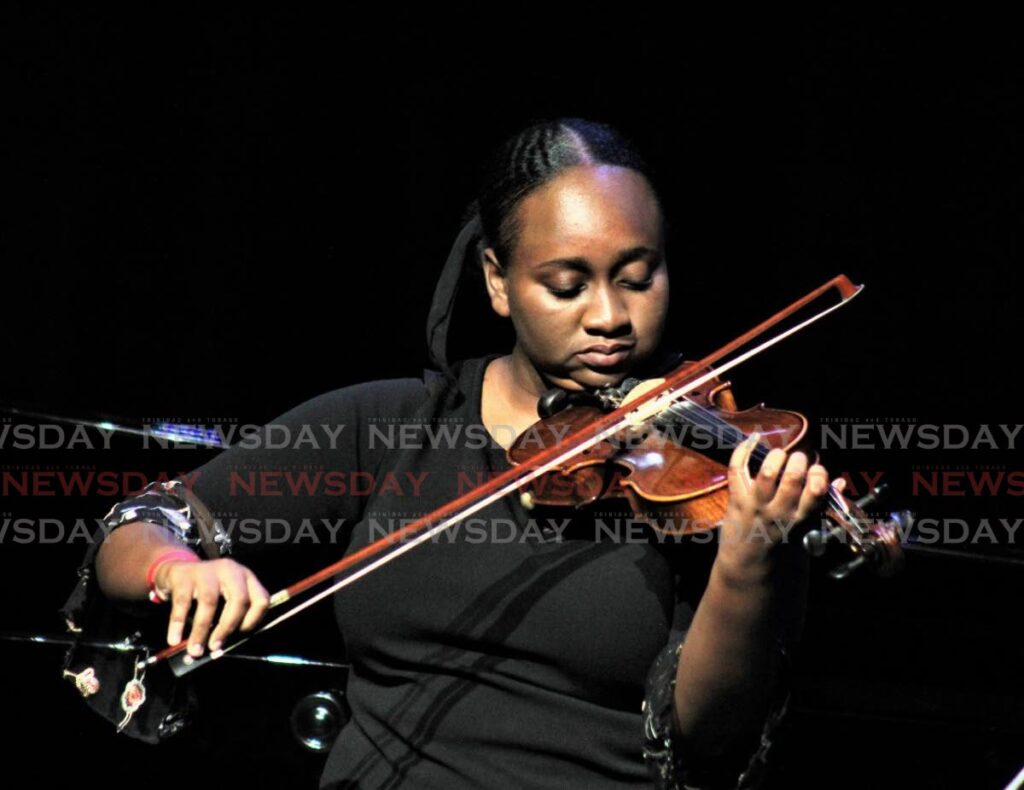
He said while, chorally, the science is still unsettled, choruses of the near future would be smaller.
“We used to have a maximum of 40; small choirs, 20. Now we are going to have large choirs of eight or ten, because of the geography they have to maintain.
“Similarly, the instrumental ensembles which use wind (instruments) will also fall under this same type of treatment. Once you have the propulsion of wind, you have the propulsion of virus. So those are going to be affected.
"But the science is still evolving. So when Festival 2024 rolls around, then I think the science will be a little more settled and we will be able to say, ‘Okay, we can re-offer these types of classes under these conditions.’”
Asked why the organisers did not consider the hybrid for this year’s festival, Clement said it could not be done, as most of the festival’s competitors are juniors under 12 and hence none are vaccinated. She added that they are a large percentage of the festival’s clientele and could not be left out.
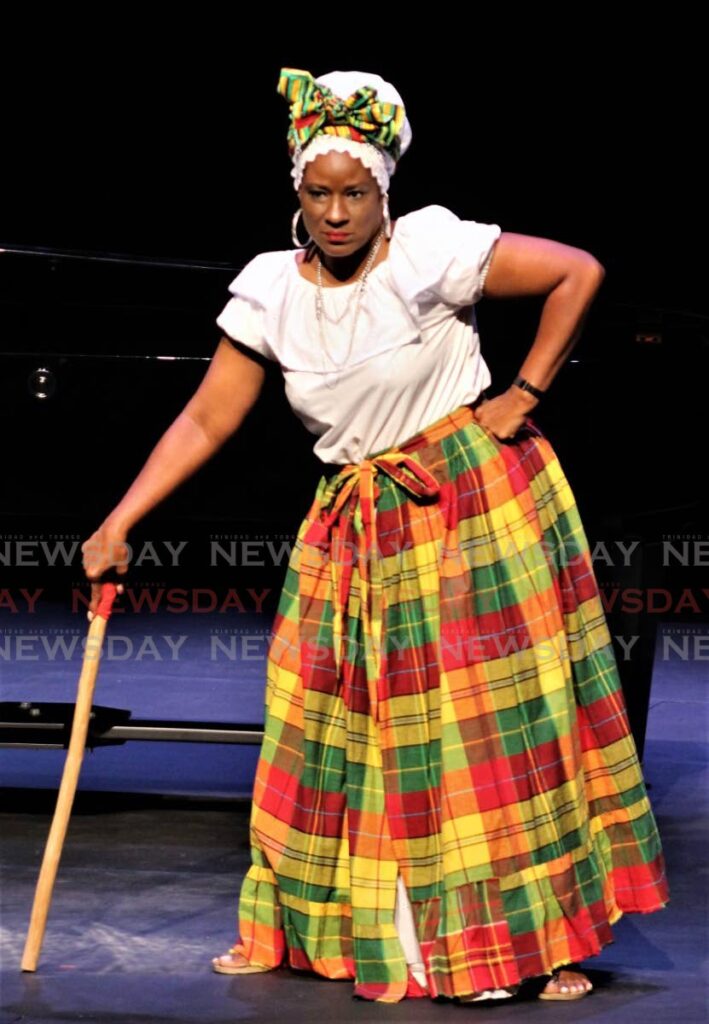
So the festival decided to remain virtual because it wanted to encourage everyone, no matter their status, Clement added.
Murray said for the preliminaries and finals competitors will submit their own videos but for the championships – to create a sense of normality and parity – the festival was creating a recording hub where competitors will come, by appointment, to record their performance.
“That is still a part that is a hint of the hybrid experience, but that is the only one that we can do, out of caution at the moment.”
Asked if competitors do not have access to connectivity or a device, what systems does the festival have in place, Clement said, “Because we are not doing any live streaming, our online is not a synchronous online. It is not everyone at the same time.
“We are asking people to upload a video that they can create at any time – in their homes, using their phones, or someone else’s phone, and upload it to YouTube as an unlisted video. And then our adjudicators will look at it from the YouTube link.
"So they would not have any connectivity issues there.”
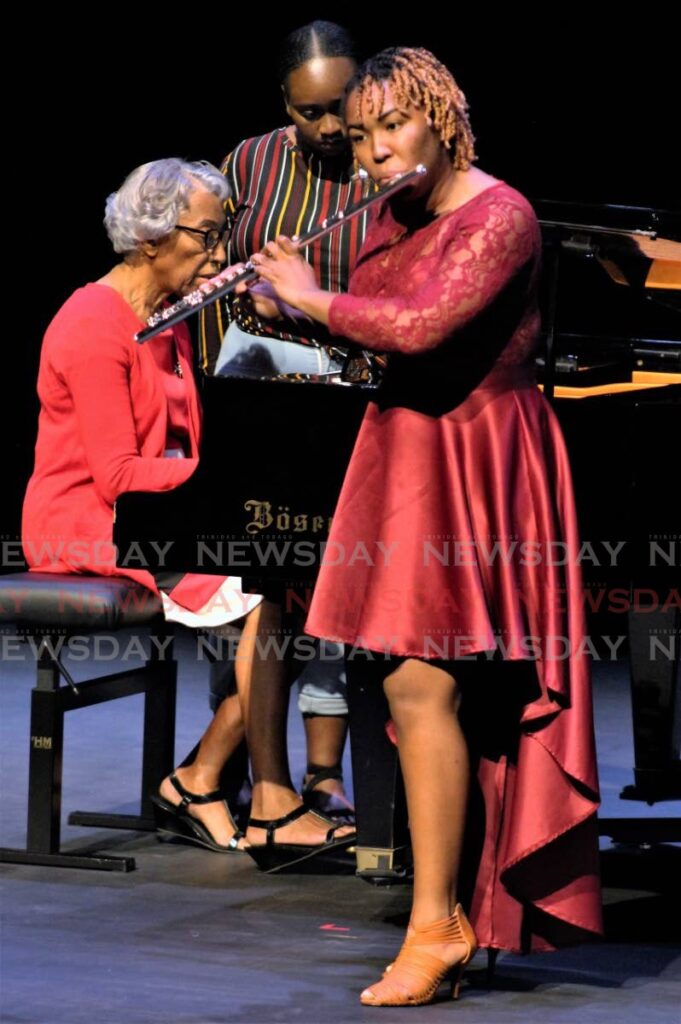
Murray said at the championship stage the festival will provide the hardware and software for competitors.
Although some hoped the festival organisers would put the performances together in a digital package, that would mean having to put up videos of different quality, scrubbing it together and differing audio quality, Murray said.
“We, of course, did not want that to be a factor when people were competing,” Murray said.
Specific criteria were given for competitors to upload their videos and then the organisers would upload these. But the festival plans to have wider viewing of the championships and is in discussion with a local television station.
The quality of videos submitted by competitors will not affect their outcome. Murray said the organisers will be relying on the expertise of the adjudicators to differentiate between the quality of the artistic experience and the technical experience.
Clement said the festival was also taking a page out of the ABRSM (Associated Board of the Royal Schools of Music) handbook where students upload videos for exam purposes and the adjudicators listen to the performance and not the technology.
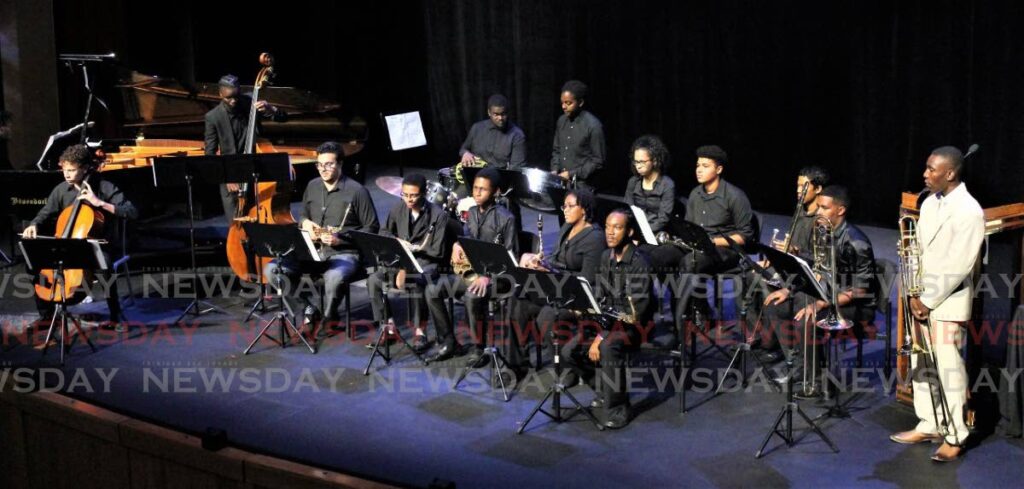
With each festival, the TT Music Festival Association hopes to improve on the hybrid product it will offer. Come 2024, it hopes its preliminaries and finals will be virtual and its championships will have the face-to-face element.
Clement believes this hybrid experience will become the norm the world over, as “there have always been people who could not come out and wanted to come out to an event.” The virtual allows for the engagement of more people, she added.
Hosting the event virtually this year, also brought cost savings. Murray said the budget for this year’s festival was less on two fronts, as the organisers did not have any fee-paying people coming in, and that was a loss of revenue, but its costs were also much less.
He said in the future when the festival does more live streaming and there is need for more sophisticated packaging, those costs will go back up, so there will be a need to further examine pay-per-view and other systems, as the festival will have to enhance its revenue streams.
But as the festival looks to the future and new world, post-pandemic it is excited about what is to come. The pandemic has given the association an opportunity to do things differently, Murray said.
“We were looking for that spark which would allow us to think differently about the festival and investigate possibilities for the future.
“It has been long overdue, and since the pandemic has come, we are taking advantage of what it is offering and say, ‘This is what we are going to try. We are going to make some mistakes, but why not? This is how you make progress,’” Murray said.
From this year’s virtual experience, the executive will see what works and what does not and within the next two years will develop a master plan for 2024 and beyond.


Comments
"Music Festival goes virtual"